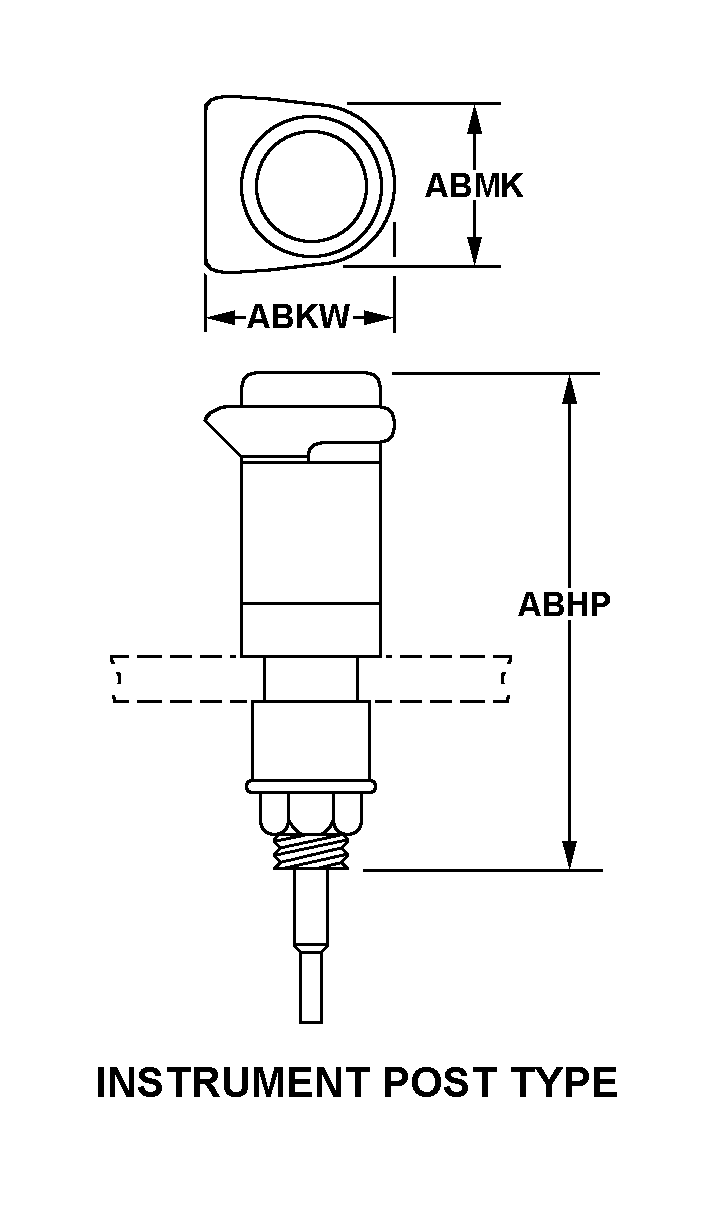6210012956475
Price Quote Get an up to date pricing and availability quote for this product. Order online or over the phone.
Quality Commitment
Serving our customers with quality and safety first.
- AS9120 Certified
- Audited supply chain
- ITAR Registered
- DDTC Registered
- HAZMAT Certified
- Customer service objectives
- Every product 100% inspected

6210-01-295-6475 Specification Set by the OEM (see RNCC code 3)
2.260in. ⁓2-17/64"
0.510in.
0.465in.
1
stud
instrument post type
Cross Reference Parts Part numbers that meet the specification outlined on this page and set by the OEM
Identification Item Identification Guide (IIG) and Item Name Code (INC)

Definition Definition of approved item name (AIN): "LIGHT,PANEL"
A light specifically designed to be mounted on, near, or through a panel, switchboard, bulletin board, cowl, dashboard, and the like, and specifically designed to provide direct or indirect illumination thereon. It must include a shade, reflector, or other special device to direct illumination or to provide for the direction of illumination through the inherent design of the item, as in lights for edge lighted panels. It may include filters, dimming features, switches, and/or flexible gooseneck. For aircraft installed items prviding illumination for map reading or general utility illumination, in addition to panel illumination, see light (1), cockpit, aircraft. For items conforming to this basic definition with the additional feature of providing illuminated indication of a specific nature concerning the circuit in which it is inserted, see light (1), indicator.
6210-01-295-6475 Material Hazmat, Precious Metals, Criticality, Enviroment, and ESD
Indicates there is no data in the hmirs and the nsn is in a fsc not generally suspected of containing hazardous materials.
Precious metal content is unknown
The item does not have a nuclear hardened feature or any other critical feature such as tolerance, fit restriction or application.
Identification Codes
HMIC: Hazardous Material Indicator Code. A one position code that identifies a hazardous item.
PMIC: Precious Metal Indicator Code. A one position code which identifies items that have precious metals as part of their content. precious metals are those metals generally considered to be uncommon, highly valuable, and relatively superior in certain properties such as resistance to corrosion and electrical conductivity.
ESD: Electrostatic Discharge. Indicates if an item is susceptible to electrostatic discharge or electromagnetic interference damage. electrostatic discharge damage occurs when an accumulation of static electricity generated by the relative motion or separation of materials is released to another item by direct contact. electromagnetic interference damage occurs when an item comes into proximity with an electrostatic or magnetic field.
ENAC: Enviromental Attribute Code. Identifies items with environmentally preferred characteristics.
CRITL: Criticality Indicator Code. Indicates an item is technically critical by tolerance, fit, application, nuclear hardness properties, or other characteristics.






